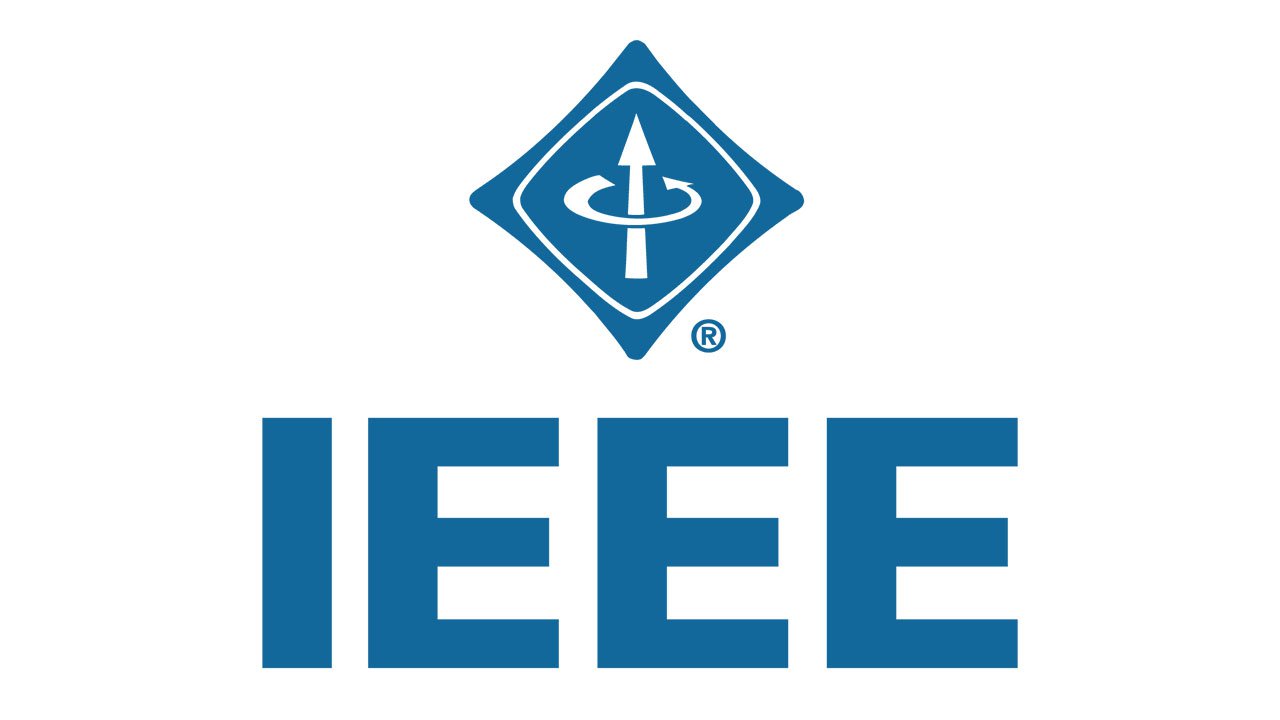Quick configuration in cloud computing
|
Abstract: Much of the data generated by organizations in many verticals are stored in and accessed from cloud-hosted databases (DBs). Increasingly, a vast array of verticals use NoSQL DBs — such verticals include social media, smart home and city applications, and autonomous systems (like autonomous driving or industrial IoT). Common NoSQL DBs include Cassandra, MongoDB, DynamoDB, and Redis. These systems have a currently unsolved problem — how to configure them automatically to meet a user’s latency or a throughput requirement. Both the DBs and the cloud platforms come with many configuration parameters, with complex dependencies among them, and incorrect setting of any one of the performance-critical configuration parameters can lead to pathologically poor performance. In this talk, I will discuss how large the problem is and the current emerging solutions.
|

Professor Saurabh Bagchi
Purdue University
Professor, Elmore Family School of Electrical and Computer Engineering
Professor, Department of Computer Science
Director, CRISP (Center for Resilient Infrastructures, Systems, and Processes)
Director, ECE Corporate Partnerships
URL: https://saurabhbagchi.us
|
Brief Bio: Saurabh Bagchi is a Professor in the School of Electrical and Computer Engineering and the Department of Computer Science at Purdue University in West Lafayette, Indiana. His research interest is in dependable computing and distributed systems. He is the founding Director of a university-wide resilience center at Purdue called CRISP (2017-present) and PI of the Army's Artificial Intelligence Innovation Institute (A2I2) (2020-25) that spans 9 universities. He is elected to serve on IEEE Computer Society's Board of Governors (2022-24, previously 2017-20). Saurabh serves as the founder and CTO of a cloud computing startup, KeyByte (2021).
|
Accelerating Data-Intensive Applications with Network Offloading
|
Abstract: Data intensive applications need to transfer and process a
large amount of data with high performance, but often incur
significant network stack and computing overhead. We explore the
opportunities of leveraging emerging network devices such as smartNICs
and programmable switches to accelerate such data-intensive
applications. We identify the best division of labor between network
devices and end hosts for accelerating applications while following
the resource and programming constraints of network devices. I will
present two projects in this talk: IOTCP for accelerating content
delivery on smartNICs and Cheetah for accelerating database queries on
programmable switches.
|

Professor Minlan Yu
Gordon McKay professor, Computer Science
Co-director, ACE center
Harvard School of Engineering and Applied Science
http://minlanyu.seas.harvard.edu/
|
Brief Bio: Minlan Yu is a Gordon McKay professor at Harvard School of
Engineering and Applied Science. She's an assistant director for the
ACE center for evolvable computing. She received her B.A. in computer
science and mathematics from Peking University and her M.A. and PhD in
computer science from Princeton University. She received the ACM-W
rising star award, NSF CAREER award, and ACM SIGCOMM doctoral
dissertation award. She served as PC co-chair for NSDI, HotNets, and
several other conferences and workshops.
Photo: please see attachment.
|
Navigating the Virtualization World Towards 6G: Agility and Reliability
|
Abstract: Agility: Frequent user mobility makes it challenging for Mobile Edge Computing (MEC) to guarantee the close proximity to the users. To tackle this agility challenge, we give an overview of the Flexible And low-latency State Transfer (FAST), the first programmable state forwarding framework. FAST flexibly and directly forwards states between source instance and destination instance based on Software-Defined Networking (SDN).
Reliability: Existing Network Function Virtualization (NFV) service placements that reuse existing network functions either reuse an entire Service Function Chain (SFC) or only individual network functions. We give an overview of the novel Subchain-Aware NFV service Placement (SAP) optimization model strives to reuse existing subchains of consecutive network functions.
|

Professor Martin Reisslein
School of Electrical, Computer, and Energy Engineering
Arizona State University
Goldwater Center, MC 5706
Tempe, AZ 85287-5706, USA
http://faculty.engineering.asu.edu/mre
|
Brief Bio: Martin Reisslein (S'96-M'98-SM'03-F'14) received the Ph.D. in systems engineering from the University of Pennsylvania, Philadelphia, PA, USA in 1998. He is currently a Professor with the School of Electrical, Computer, and Energy Engineering, and Program Chair of Computer Engineering at Arizona State University (ASU), Tempe, AZ, USA. He is currently an Associate Editor for IEEE Access, IEEE Transactions on Education, IEEE Transactions on Mobile Computing, and IEEE Transactions on Network and Service Management. He currently serves as Area Editor for Optical Networking for the IEEE Communications Surveys and Tutorials and as Co-Editor-in-Chief of Optical Switching and Networking.
|
Hosts
 |
Dr. Arijit Roy
Assistant Professor
Department of Computer Science and Engineering
Indian Institute of Information Technology Sri City
(An Institute of National Importance under an Act of Parliament)
630 Gnan Marg, Sri City, Chittoor District - 517 646
Andhra Pradesh, India
Website: www.iiits.ac.in/people/regular-faculty/arijit-roy/
|
 |
Dr. Ayan Mondal
Assistant Professor
Department of Computer Science and Engineering
Indian Institute of Technology Indore
Khandwa Road, Simrol, Indore 453552, India
Website: https://www.iiti.ac.in/people/~ayanm/
|
 |
Prrofessor Sudip Misra, PhD, FIEEE, FNAE, FNASc, FIET, FBCS, FRSPH, FIETE
ACM Distinguished Member
Alexander von Humboldt Fellow (Germany)
IEEE Communications Society Distinguished Lecturer
Professor & INAE Abdul Kalam Technology Innovation National Fellow
Department of Computer Science & Engineering
Indian Institute of Technology
Kharagpur-721302
West Bengal, India
Official Website: https://cse.iitkgp.ac.in/~smisra/
SWAN Group: https://cse.iitkgp.ac.in/~smisra/swan/
|
Webinar Registration
All participants need to pre-register by 5 PM (IST), February 26, 2023 by filling-up the following form: Registration Link
Zoom sign-in details will be shared with the registered participants using the email address provided in the registration form.
The Webinar flyer is available here.
|
|
|



